I discuss the evidence on how to build a baby’s immune system and the best tips for supporting your baby’s gut microbiome.
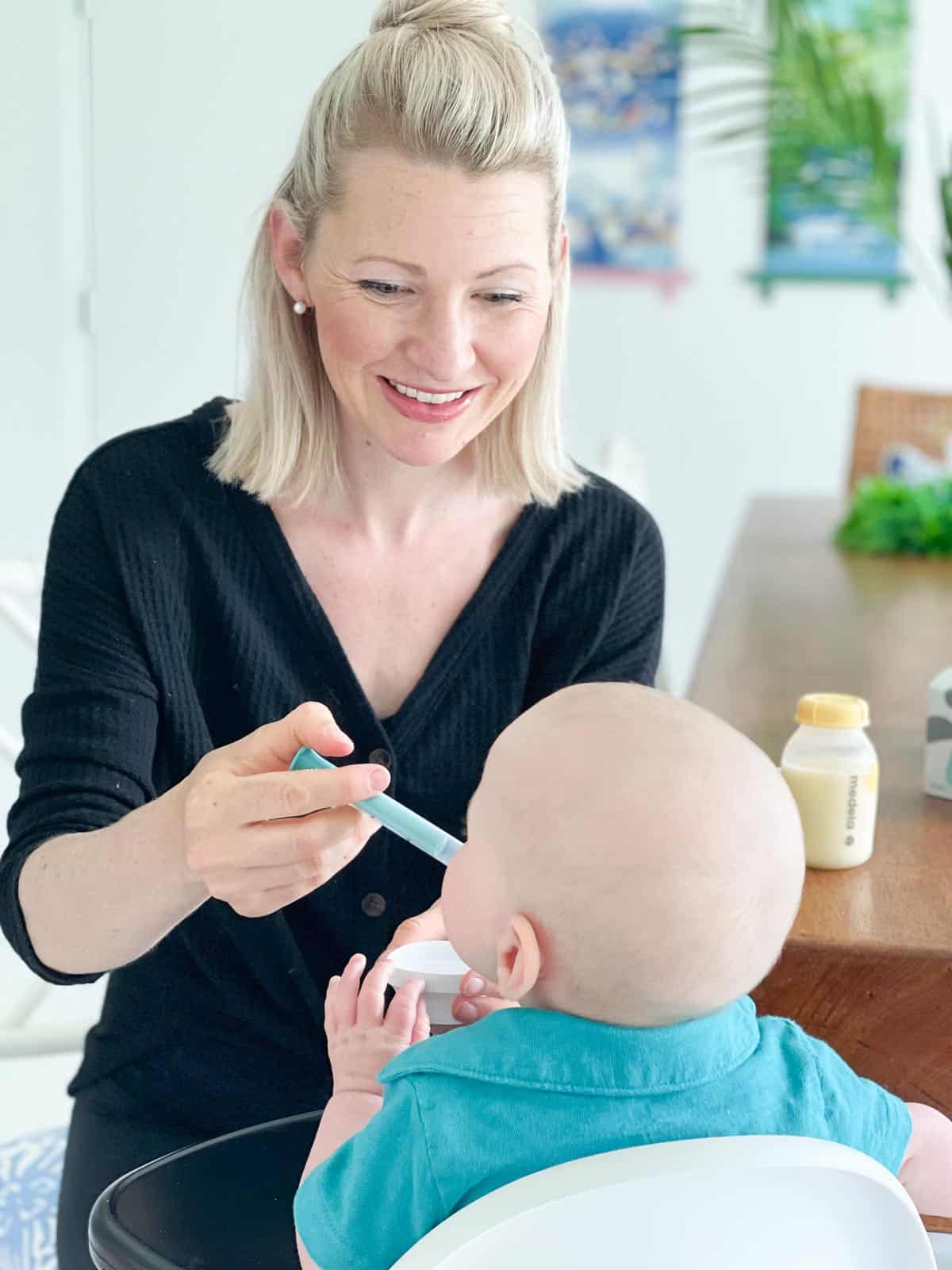
Raise your hand if you’ve spent the past year googling “how to boost immunity”? While I have certainly fallen victim to the immunity-inspired Google deep dive, I also happened to be super preggers in 2020. This meant that not only was I concerned about my own immune system, but that of my little one too. I, like so many other moms-to-be, wanted to ensure I was doing everything I could from pregnancy to postpartum to ensure that my kiddo was given the best shot at immune health.
We can’t talk about the immune system without talking about the gut, since 70% of our immune system resides in our gut. It’s therefore important that we focus on strengthening and building the gut microbiome early on in life. So today I am sharing my top evidence-based tips for helping to build baby’s immune system – focusing on delivery mode, breastfeeding, and seeding the gut with a critical infant-specific probiotic strain.
Delivery Mode
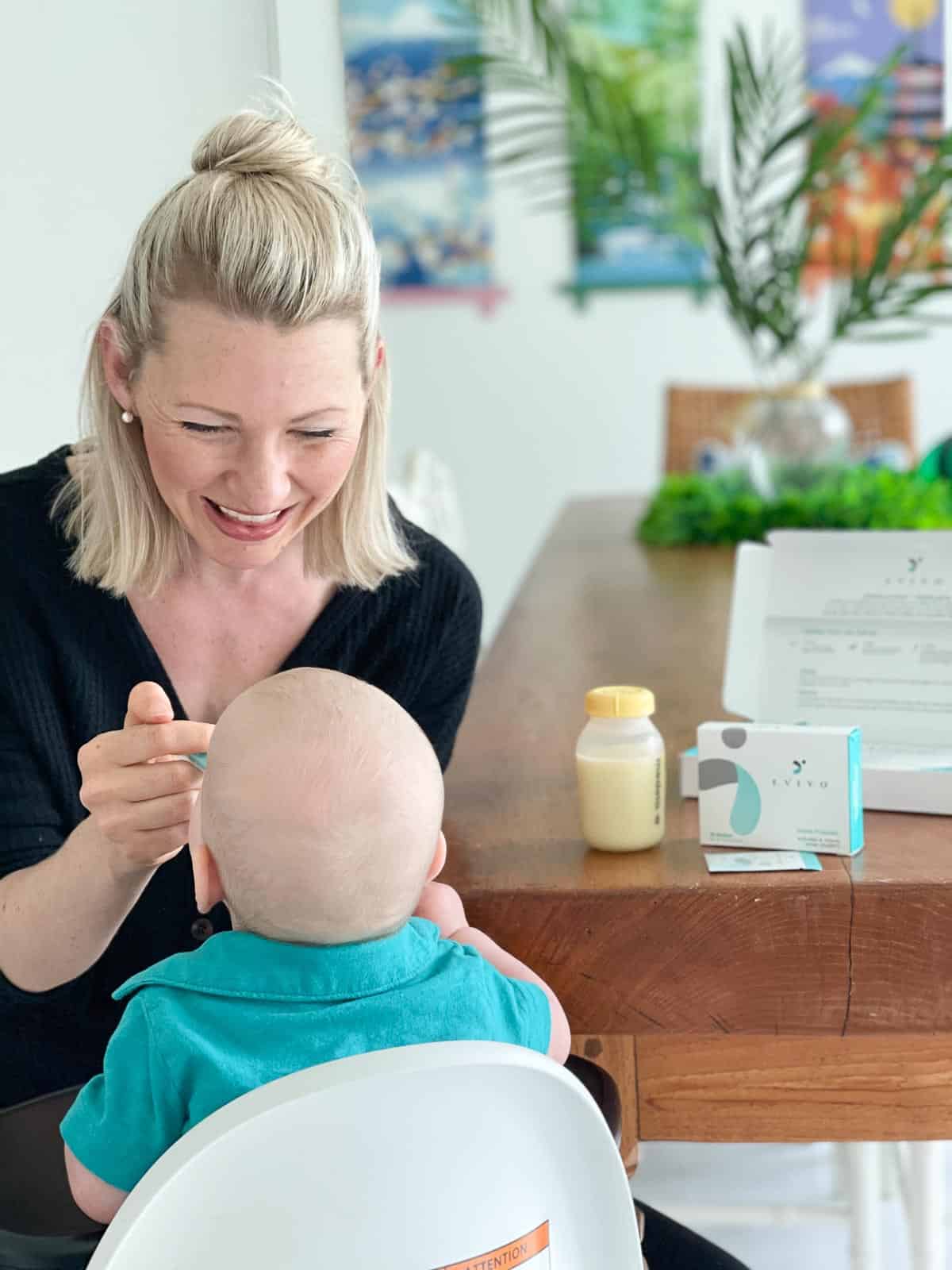
First, let’s discuss the mode of delivery and its role in shaping the gut microbiome, and as a result, baby’s immune system. I want to preface this by saying that we don’t always end up with the birth experience that we planned for. Birth plans are notoriously more of a wish list than a legitimate play by play of how things will go. I fully understand if a botched birth plan is triggering for you, and that you may feel disappointed or guilty about not having the birth experience you wanted. I know this is how I felt with my first heavily medicated birth. So this is not meant to cause any more anxiety about how things went, I simply think it’s important to share the evidence we have to date.
Research suggests that delivering vaginally is the ideal scenario for promoting a healthy microbiome because the infant gets exposed to mom’s microbiota as it passes through the birth canal and into non-sterile territory. That being said, even vaginally delivered babies lack the beneficial bacteria one of the critical infant-specific bacteria B. infantis. So today it is estimated that over 90% of babies born in the U.S. today don’t acquire B. infantis at birth.
Although the natural mom-to-baby transfer of this critical bacteria is no longer taking place in developed nations, there are new scientific advancements providing a solution to restore B. infantis to the gut microbiome of all babies, supporting immune development for both c-section and vaginally delivered newborns.
Breastfeeding
Much like a birth plan, a parent’s feeding plans don’t always go as…well… planned. If you struggled or are struggling with breastfeeding, please don’t read this as judgement or something you must feel shamed about. I too had a horrible time breastfeeding with baby E and all I wanted was for someone to tell me it was okay to stop. But I do want to communicate some of the evidence-based benefits of breastmilk as it pertains to how to build a baby’s immune system. Again, if this is triggering for you, feel free to skip this section.
We know that breastmilk is powerful stuff for a host of reasons. Today I want to focus in on the microbiome building components of breastmilk that drive the colonization of beneficial bifidobacteria, specifically B. infantis. It’s estimated that about 15% of the nutrients in breastmilk are made up of components called human milk oligosaccharides (HMOs). These HMOs are not digestible by the baby but feed the good bacteria in baby’s gut. You can think of this as the prebiotic, or fiber, component of breastmilk.
When baby is not properly colonized with that B. infantis bacteria we mentioned earlier, they lack the ability to fully utilize HMOs and some of these nutrients pass through undigested and end up in the diaper. If you are a breastfeeding and/or pumping mom, you know the time and sacrifice that goes into every drop of liquid gold. Imagining just tossing away some of your efforts is heart breaking to say the least.
Once B. infantis is restored to the baby’s gut microbiome, the valuable HMOs are able to be better digested, and early research shows this utilization enables the immune system to pivot away from allergic and autoimmune presentations.
The current recommendation is to breastfeed exclusively for the first 6 months of life, and then ideally up to 12 months along with introducing complementary foods. However, here at Abbey’s Kitchen, we fully appreciate the challenges associated with breastfeeding, so we want to remind you that FED IS BEST. I am just communicating the evidence to date.
Probiotics
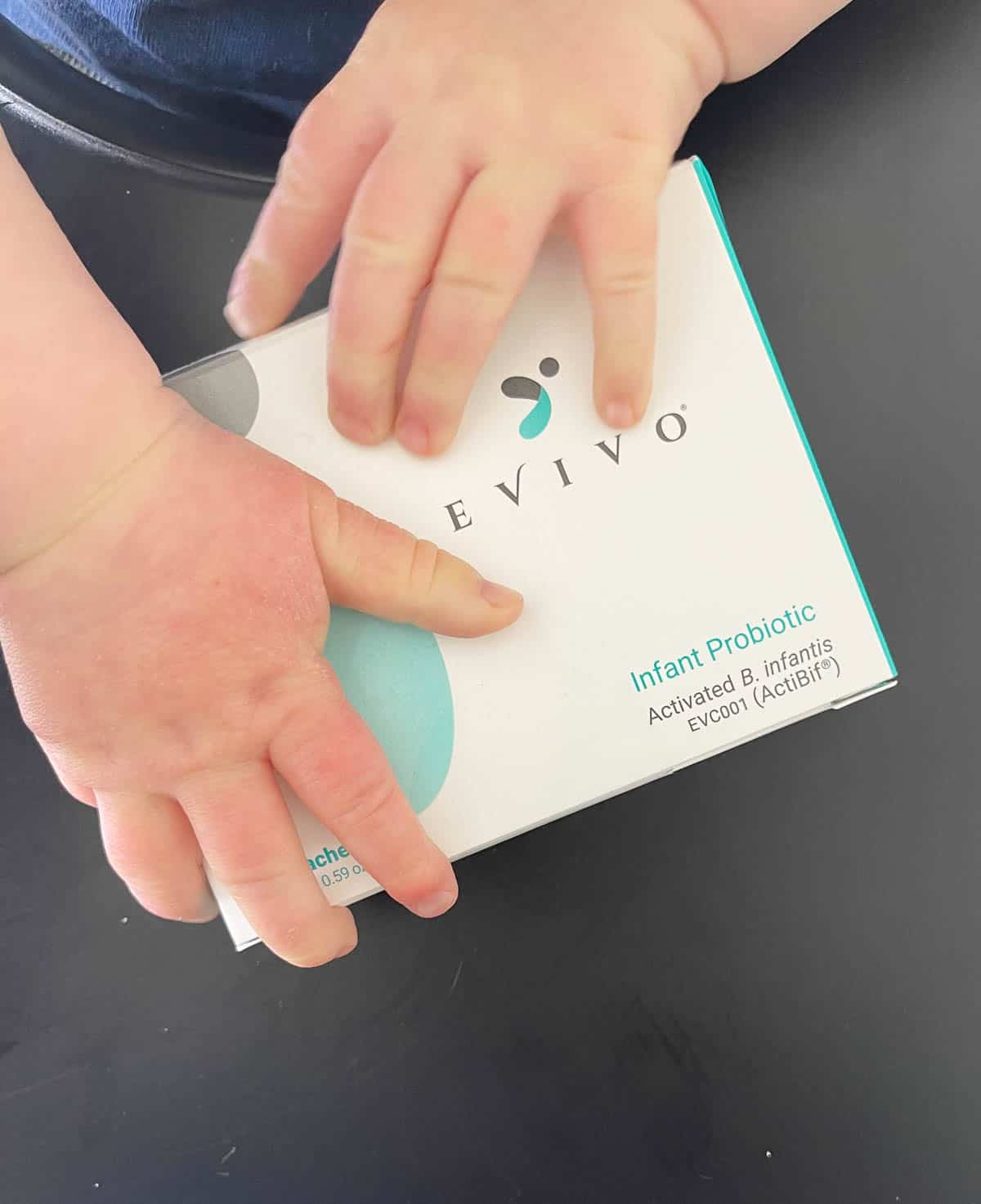
So we touched on the prebiotics found in breastmilk, but what about probiotics? Again, we know that about 70% of our immune system exists in our gut, so paying attention to our baby’s digestive and microbiome health is really important. One recent study found that Newborn Gut Deficiency, a condition characterized by a lack of the beneficial B. infantis bacteria, is impacting over 90% of babies. It’s theorized that this dysregulation in the amount of bad to good bacteria may increase the risk of common infant issues like colic, eczema, diaper rash, autoimmune disorders and allergies. There are a lot of infant probiotics on the market, but only Evivo contains B. infantis EVC001 which is a superior strain* of B. infantis shown to help restore the balance of good bacteria to bad bacteria, which in turn can help reduce intestinal inflammation in the gut.
Working symbiotically with the HMOs found in breastmilk, Evivo’s B. infantis EVC001 has been shown to reduce bad gut bacteria by 80% and outperforms other commercially available B. infantis strains.
I have been giving both of my kids probiotics since they were born and when I switched O to Evivo I noticed his eczema started to improve. Surveyed parents who used Evivo have had similar results. A new publication on Evivo users found that 63% of moms saw a decline in colic symptoms, 52% observed better sleep patterns and 72% saw less diaper rash. That’s impressive stuff!
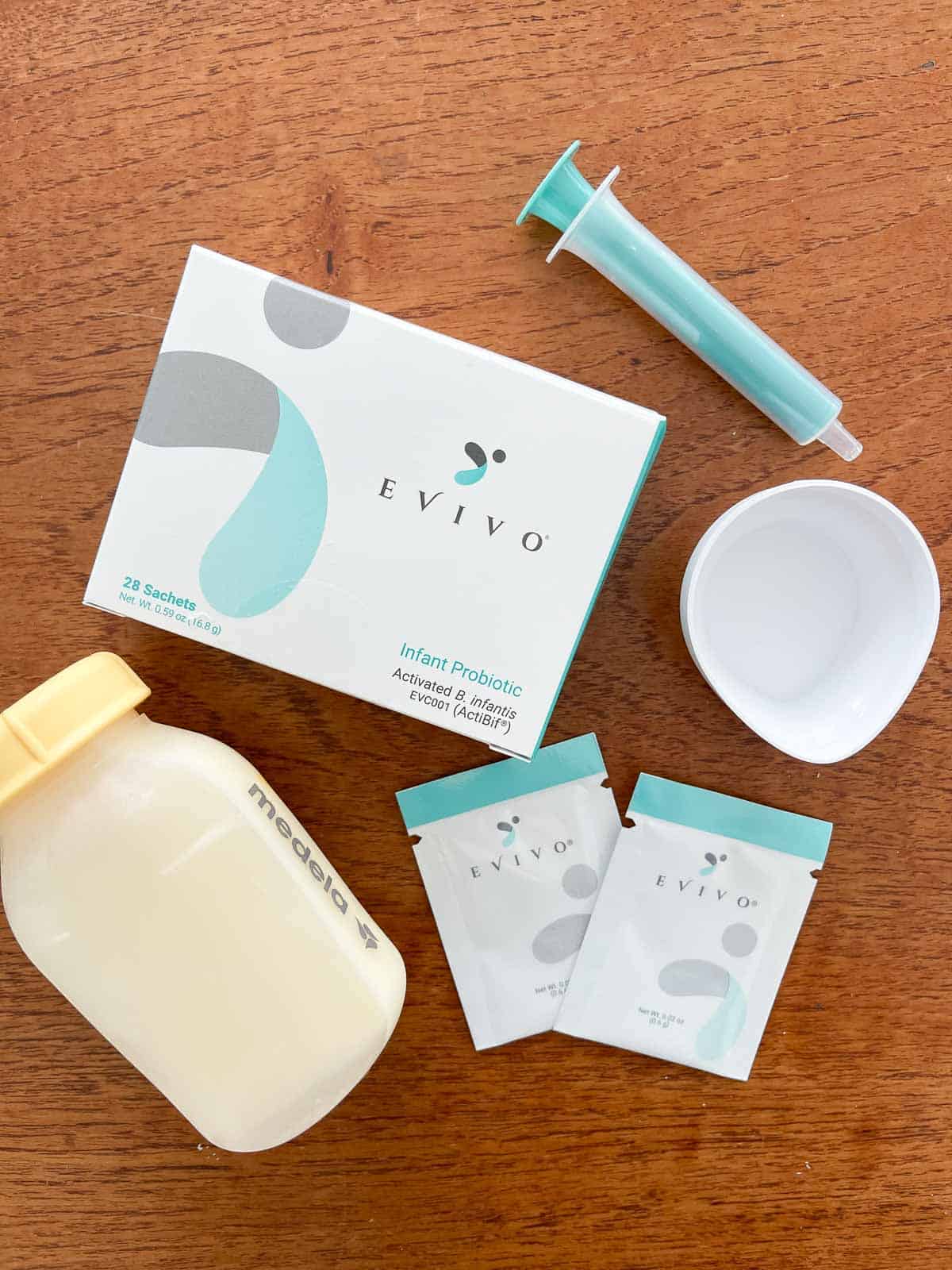
To use Evivo, simply mix a sachet of the probiotics with a bit of breastmilk, and feed the liquid by syringe, bottle or even sprinkle it right onto your nipple for exclusively breastfed babes. It’s ideal to start using Evivo at birth and continue for the first 6 months of baby’s life, but I plan to continue to use it daily until I’m done nursing O. You can learn more about Evivo and order your starter kit right here (Use the code ABBEY10 to get $10 off your 1 month starter kit, or ABBEY20 for $20 off your 2 month starter skit and refills).
In conclusion, we can’t control everything that happens to us or our baby when it comes to their immunity. But I hope this article gave you some tangible tips for supporting your baby’s immune system and gut.
Leave me a comment below if you have questions about how to build your baby’s immune system.
*B. infantis EVC001 out-performs other commercially-available B. infantis strains lacking important functions of the H5 cluster.
Updated on June 29th, 2021

Abbey Sharp is a Registered Dietitian (RD), regulated by the Ontario College of Dietitians. She is a mom, YouTuber, Blogger, award winning cookbook author, media coach specializing in food and nutrition influencers, and a frequent contributor to national publications like Healthline and on national broadcast TV shows.
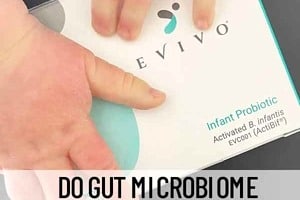
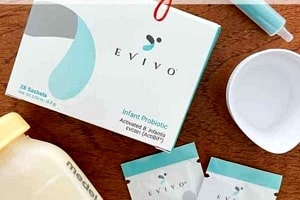

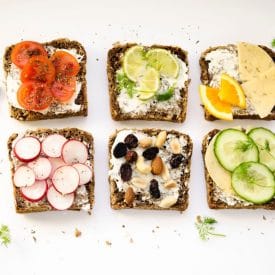

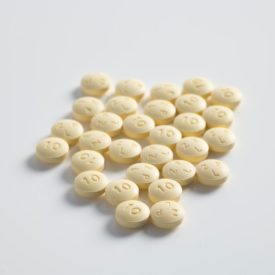

Sabrina says
Hi Abbey,
What probiotic would you recommend for a toddler (3) that would help boost immunity?
Abbey Sharp says
Lots of good options here https://www.abbeyskitchen.com/probiotics-for-kids-babies-healthy-or-unnecessary/